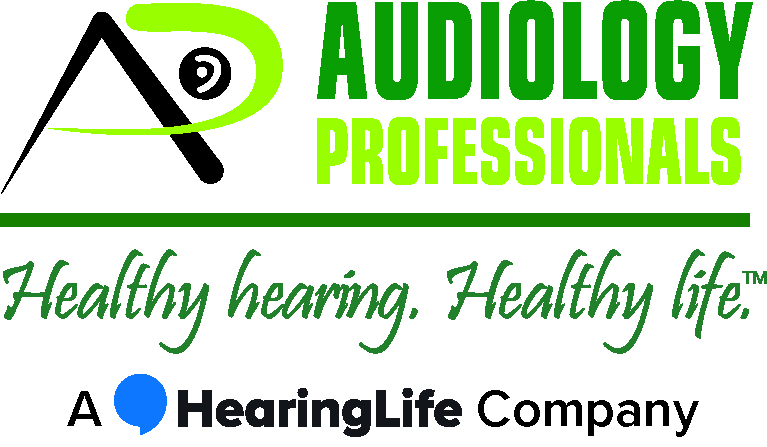Hearing aids are a vital tool for people who have hearing loss. They help to amplify sound and make it easier for individuals to communicate with the world around them. However, hearing aids are electronic devices that are prone to moisture damage. This can occur due to a variety of reasons, including sweating, rain, humidity, and condensation.
If left untreated, moisture damage can cause permanent damage to your hearing aids, resulting in costly repairs or replacements. In this blog post, we will discuss some of the ways to prevent moisture damage to your hearing aids.
Hearing Aids: How To Prevent Moisture Damage
Protect your hearing aid devices from moisture damage with these five tips.
Invest in a hearing aid dehumidifier
A hearing aid dehumidifier is a small device that is specifically designed to remove excess moisture from hearing aids. It typically uses a desiccant, such as silica gel, to absorb moisture from the hearing aids. A dehumidifier is a great investment because it not only helps to prevent moisture damage, but also helps to prolong the life of your hearing aids.
Keep your hearing aids clean
Regular cleaning of your hearing aids is essential to prevent moisture damage. Use a soft, dry cloth to wipe down your hearing aids daily. Be sure to clean the microphone and the sound outlet to prevent any blockages caused by earwax or debris. If you notice any moisture inside the hearing aids, remove the batteries and allow them to air dry overnight.
Store your hearing aids properly
When you’re not using your hearing aids, be sure to store them in a dry, cool place. Avoid leaving them in hot or humid environments, such as a car or a bathroom. Store your hearing aids in a protective case or pouch to prevent any accidental exposure to moisture.
Remove your hearing aids when swimming or showering
Water is a hearing aid’s worst enemy. Avoid wearing your hearing aids when swimming, showering, or participating in any water-based activities. If you’re concerned about not being able to hear, consider investing in a waterproof hearing aid or a swim cap that covers your ears.
Use a hearing aid sweatband
If you’re an active person who sweats a lot, consider using a hearing aid sweatband. A sweatband is a small device that fits over your hearing aids and helps to absorb sweat. It not only helps to prevent moisture damage, but also helps to keep your hearing aids in place during physical activity.
In conclusion, preventing moisture damage to your hearing aids is essential to keep them in good working condition. By investing in a hearing aid dehumidifier, keeping your hearing aids clean, storing them properly, removing them when swimming or showering, and using a hearing aid sweatband, you can help to protect your hearing aids from moisture damage.
Remember, if you notice any signs of moisture damage, such as a muffled sound or distorted audio, be sure to take your hearing aids to a professional for repair. With proper care and maintenance, your hearing aids can provide you with many years of clear and comfortable hearing.
Need Help? Contact Us Today!
Ready to get started with your hearing appointment? Contact Audiology Professionals today. Our team would be happy to help. Call us today on (541) 228-9233. Alternatively, click here to contact us online.
